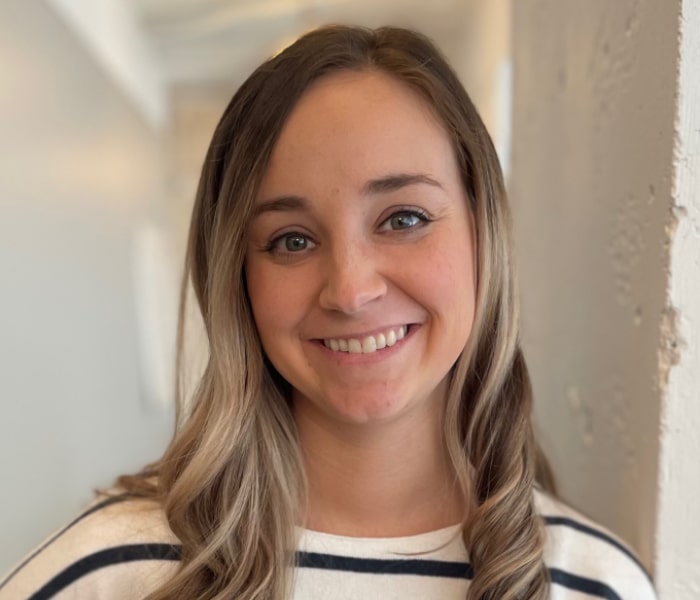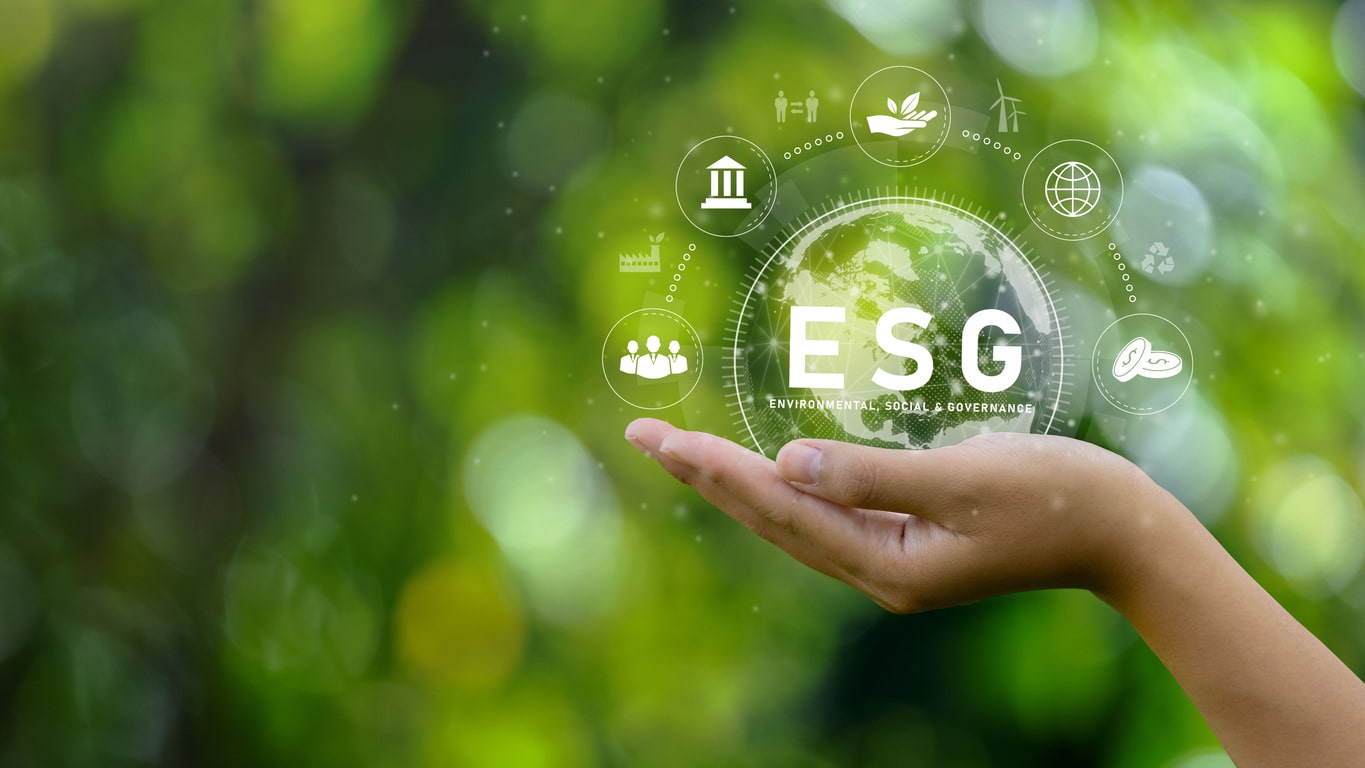Originally Presented
Tuesday, March 7, 2023
11:00am ET
This first in a series of ESG focused programs presented by SOCMA, this session will provide an overview of EcoVadis and cover how to fill out the EcoVadis questionnaire.
Reach out to Erika Krueger, ekrueger@socma.org for additional questions. This webinar was presented in collaboration with Nexio Projects. Nexio Projects is an international sustainability consultancy firm, helping organizations reach their sustainability ambitions.
Post-Webinar Questions
How does a materiality assessment relate to an Ecovadis assessment? Should you complete one first?
A materiality assessment is not a strict pre-requisite or requirement for an EcoVadis assessment and does not necessarily need to be completed prior to undertaking EcoVadis. However, there is a specific question that asks whether an EcoVadis assessment has been done before, answering this will yield points but it is not detrimental. Some companies have reported to SOCMA that it would have been helpful to complete first.
Is there a timeline to complete the questionnaire after registering online?
Once you activate the EcoVadis questionnaire you have roughy 6-7 weeks to submit it. However, it is possible to request a deadline extension directly from EcoVadis.
What’s an outdated document? Do outdated documents include documents with a former company name (if the company just went through an ownership and name change but hasn’t updated documents to reflect the new company name)?
An outdated document is a document that is older than the following timelines:
- Policy documents: 8 years
- Procedural/actions: 8 years
- Reporting/KPI/metrics: 2 years
If the company in question has gone through a name change, then this can be fine to use this documentation but then it is vital to use the comment section to explain this context and shift as well as potentially also providing supplementary documentation to show this transition in ownership and/or name change. “
Did I hear correctly that “child labor” and “forced labor” may be more or less relevant in different locations?
This is correct, EcoVadis activates different criteria based on factors such as size of company, industry and location of facilities as some countries have a higher risk for child and forced labor compared to others due to strictness of regulation and ability of prevention.
If I register on a Corpoarate level, acting as a chemical manufacturing company, how do I differentiate between the several sites (LE’s) especially w.r.t. the Environmental topics. Do I have to include data for each LE separately (note that Ecovadis has a limited # of documents which can be attached)
Depending on the question type (if EcoVadis asks for policies, actions, reporting) you can provide different kinds of proof either from the group level or entity level. For Policy document related questions its fine to use the group level documentation, for actions and procedures its possible to take the best representative examples from the entity level to attach and for metrics/kpi data ideally as full of a picture as possible is recommended, meaning having both group aggregated data and facility data is the best practice.
We get dinged in cases where we don’t have policies around human rights and labor policies because we don’t have specific policies when the topic is addressed in the labor laws. Any advice?
This is sadly an issue many companies face, while its possible to try and use legislation or laws as proof, it is usually rejected by EcoVadis due to the lack of direct relation to the company in terms of logo, name and/or date which are administrative requirements by EcoVadis. In this scenario its best to then add a reference to whichever applicable law/regulation that is applicable in either a separate policy document or integrate it into a code of conduct or other document that presents your policies.
Moderator:
Erika Krueger, SOCMA
Director, Industry Relations

|
Erika Krueger is Director, Industry Relations, within SOCMA’s Commercial Services division. In her role, Erika works to advance SOCMA’s commercial programs that facilitate business connections across the specialty and batch chemical industry. With more than eight years of industry experience, Erika joins SOCMA from global contract manufacturer Weylchem. |
Panelists:
Herman Grove, Nexio Projects
ESG Consultant
 |
Herman Grove serves as an ESG Consultant at Nexio Projects and works with companies by researching, diagnosing, and evaluating a company’s sustainability, as well as critically identifying and consulting clients on sustainable changes to be taken within the organization.
Herman works with project teams and engages in providing tangible, solution-oriented consultancy to clients of all sectors, sizes and sustainability maturity. |
Nicholas Serafino, Nexio Projects
Sales Associate
 |
Nicholas’s ongoing journey to find a purpose that is not only fulfilling but can make a positive impact in the world has led Nicholas to Nexio Projects. Building upon a background in Law and Economics, he now furthers his passion for environmental change and sustainable development as a sales associate on the commercial team. Educated at Stellenbosch University in South Africa, with a bachelor’s degree in Commerce and a postgraduate degree in Law, Nicholas hopes to use his innate love of people and nature to make an impactful change in our ever-changing society. |
